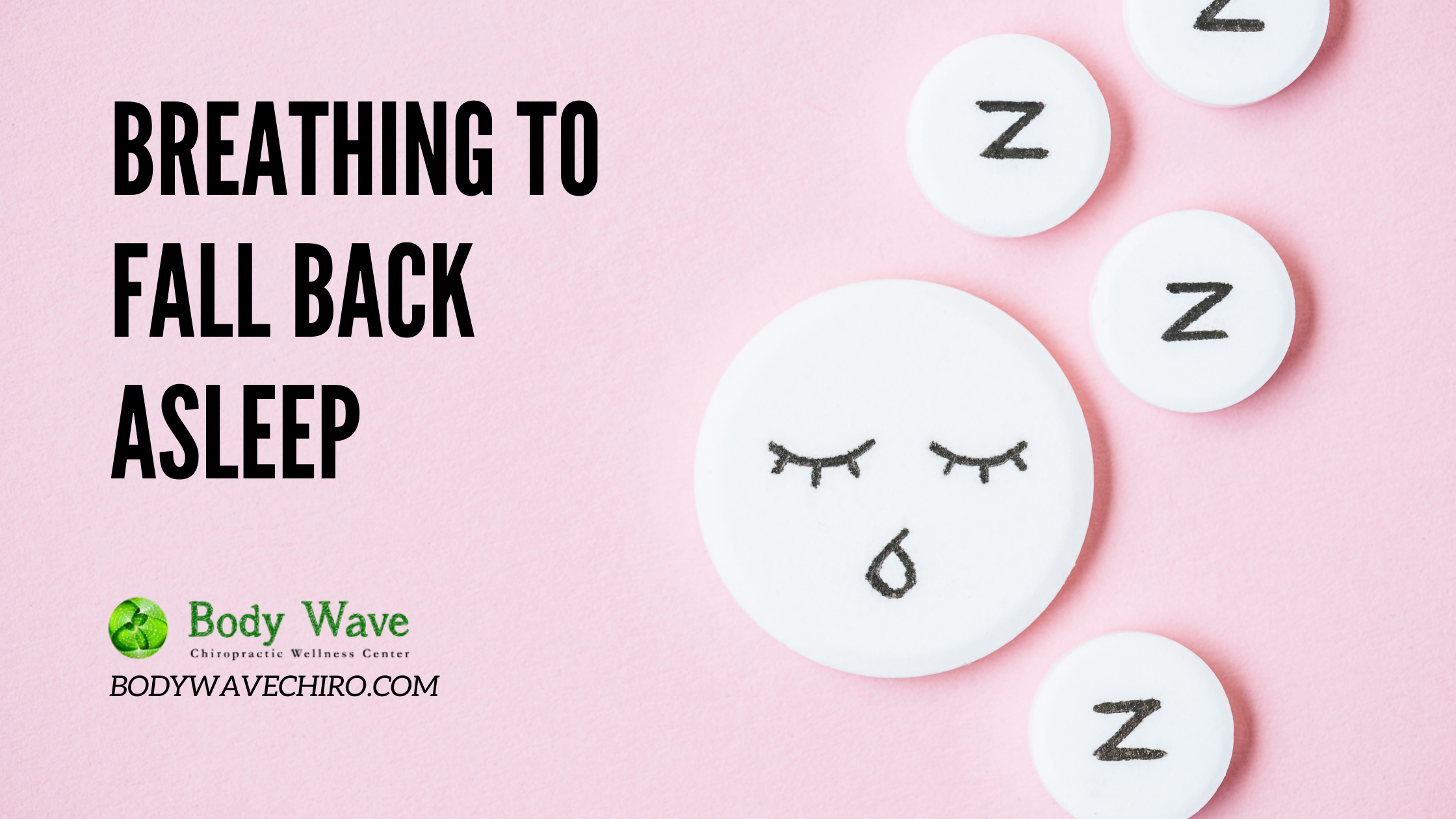
Hey Body Wave Community,
When I wake up at night and can’t fall back asleep, I’ve been doing a simple breathing technique that seems to help.
Breath in for 4 seconds, hold for 7, breathe out for 8.
It’s mentioned in James Nestor’s book BREATH, which I found fascinating, and it opened my eyes to how much
breathing right can help us. Here are some of my highlights from the read:
He talks about how most of us have some degree of chronic stress, which means we can never fully relax.
“We’ll spend our days half-asleep and nights half-awake, lolling in a gray zone of half-anxiety.”
– James Nestor
Breathing is a tool that can turn off the body’s stress alarms. Turning off stress efficiently is a sign of a healthy person.
Instead of, something happened 2 hours ago and you’re still feeling wound up and tight.
We’re going to be breathing all day, anyway. We may as well bring a little consciousness to it and harness its power. It
could also be the easiest change you can make to get healthier.
“If I had to limit my advice on healthier living to just one tip, it would be simply to learn how to breathe better.”
-Dr. Andrew Weil
Breathing right can be helpful to avoid ‘email apnea’, where we kind of forget to breathe as we go through a busy day of
sitting in front of a computer. I did not know this was a thing!
“Up to 80 percent of office workers (according to one estimate) suffer from something called continuous partial attention. We’ll scan our email, write something down, check Twitter, and do it all over again, never really focusing on any specific task. In this state of perpetual distraction, breathing becomes shallow and erratic. Sometimes we won’t breathe at all for a half minute or longer.”
– James Nestor
Here are a few easy breathing techniques to try from the book:
● Make your exhale 2x longer than your inhale
● Get into a breathing rhythm of 5.5 seconds: for the inhale, hold, and exhale (repeat)
● Alternate nostril breathing
And Here are some of his video examples.
He also recommends breathing through your nose, not your mouth. There’s even a thing called mouth taping for people
who want to train themselves to breathe only through their nose at night.
“The deeper and more softly we breathe in, and the longer we exhale, the more slowly the heart beats and the calmer
we become. People have evolved to spend the majority of waking hours – and all of our sleeping hours – in this state
of recovery and relaxation. Chilling out helped make us human.”
– James Nestor
Warmly,
Dr. Laura
